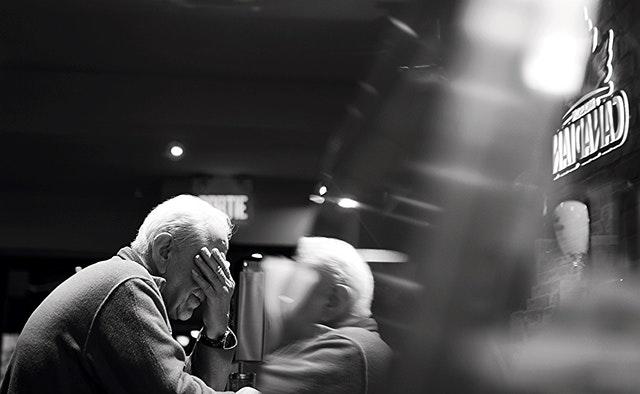I wonder how many of us realize that the impact of loneliness as we age is the equivalent of smoking 15 cigarettes daily? Or that by the year 2050, 30% of Canada’s population will exceed 60 years of age? These realities have enormous implications for us as individuals and as a society.
Loneliness is extended solitude. Unlike solitude, however, which is often a conscious choice, loneliness usually results from some kind of loss — personal, physical, professional or societal. Obviously, with age, we see friends and family pass away. What compounds this loss is the demise of the nuclear family. Children are as mobile as their devices and frequently live far away from their older relatives.
Add to these realities the once revered notion of retirement. Unwittingly, retirement often adds to a sense of isolation. Retirement was meant to be that time when we would be able to focus on travel, our hobbies or other enjoyable pursuits. Instead, retirement often signifies the loss of a network of colleagues and friends who are difficult to replace and who intentionally, or not, contributed to a sense of community. It is this sense of togetherness, unity, the social connectedness that is often missing post retirement and the resulting loneliness is one of the most significant contributors to failing health: specifically, heart disease, dementia and diabetes.
If our culture valued our elders for their numerous contributions instead of exclusively revering youth, individuals who once felt positively about themselves might feel more confident about engaging more in meaninful ways. It’s the diminished value that older people experience that makes them vulnerable to a loss of self-esteem, feeling positive about themselves and what they once were able to contribute to society. Their sense of purpose and meaning is questioned by a society that advertises remedies for aging instead of viewing older people as having something to offer.
Ageism (negative stereotyping based on age) is baked into our DNA the way sexism once was. It is so deeply embedded in our language and our psyche that even older adults have internalized the negative impressions that are inherent in ageist comments. We are unaware ourselves.
Ashton Applewhite expresses it better than anyone: “It’s not the passage of time that makes it so hard to get older. It’s ageism, a prejudice that pits us against our future selves — and each other.” Ashton Applewhite urges us to dismantle the dread and mobilize against the last socially acceptable prejudice. “Aging is not a problem to be fixed or a disease to be cured,” she says. “It is a natural, powerful, lifelong process that unites us all.”
To avoid the harmful effects of isolation consider the following:
- Talk to Family and Friends: Reach out to family and friends every day, even if only by phone. Don’t be a reluctant to use technology to connect; virtual connections are also good for you.
- Get a Pet: From small birds to big dogs, pets provide wonderful company.
- Stay Fit: Get some exercise! Not only is it good for your mental health and contribute to your self-image, it can also involve social engagement.
- Join a Club: Look for a club or Meet-Up of interest to you. Volunteer for an organization you find interesting.
- Access Transportation: If you don’t have a car or access to transportation, reach out to your Local Health Integration Network and ask about transportation for the elderly (http://www.lhins.on.ca).
- Start a Business or Not-for-Profit: if you can’t find a club or organization that you want to become part of, start one!
For one of the best TED talks and 11 minutes and 37 seconds that you might spend, I’d suggest listening to this.


0 Comments